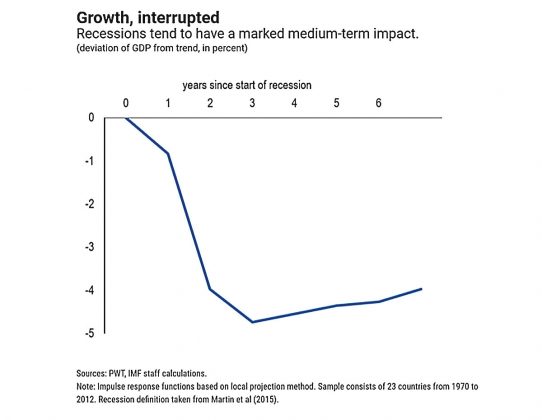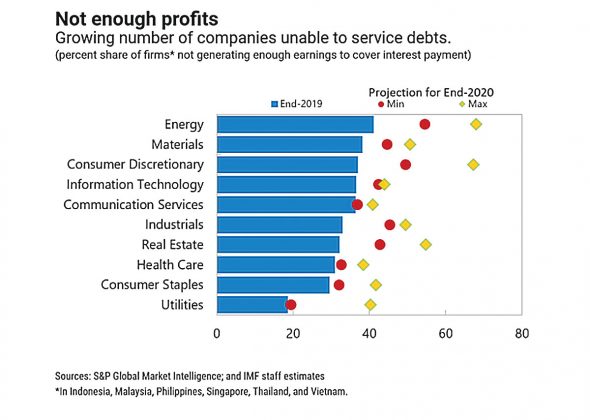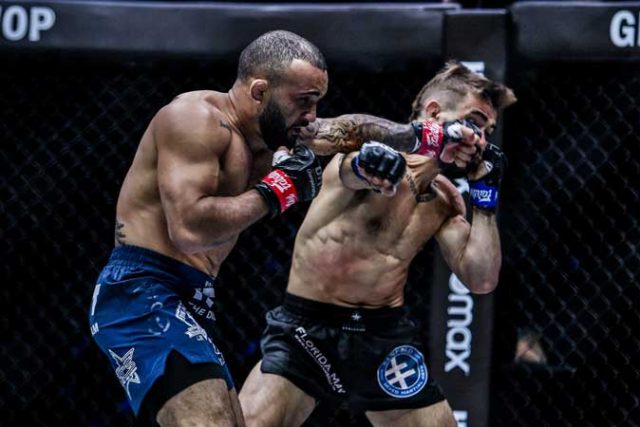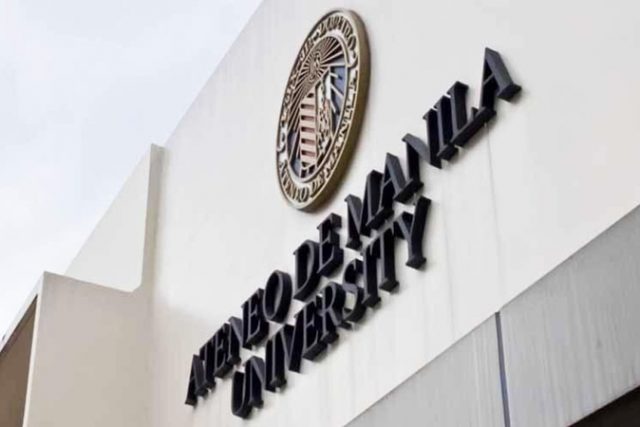Being left behind: Framing the challenge right
Being left behind in economic growth and political stability is not a new experience for the Philippines. We were mostly cellar dwellers in the 1980s and 1990s until we decided to pursue policy and structural reforms for the last 30 years. We embraced competitive market solutions and addressed many self-defeating distortions in the goods and labor markets, as well as those in international trade and finance. We deregulated industries and liberalized markets. As a result, factor productivity and economic efficiency improved. Favorable demographic factors and technology transfer extended our output frontiers. Focus on infrastructure promised more self-sustaining economic growth.
COVID-19, being a crisis like no other, changed the rules of the game. At the time that we were about to join the upper middle-income group in 2020 with at least a single A-credit rating, some sins of the past caught up with us.
Much neglect of the public health system rendered our pandemic mitigation efforts less effective than what is required by the rapidly spreading COVID-19. We failed to use appropriate technology to establish our capability to do medical surveillance in terms of testing, tracing, and isolating infected individuals. Treatment posed a bigger challenge because government and private hospitals were both stretched to the limits. They ran out of wards, rooms, and beds. Many patients sick of COVID-19 lost their lives outside the emergency rooms waiting to be admitted.
This is the narrative of Bloomberg’s COVID Resilience Ranking which we covered in our past column. We managed to score only 51.9 and ranked 35 out of 53 major economies included in the study. Some causalities are apparent. Those leading countries in vaccine rollout such as Israel, the UAE, the UK, and the US have recorded sharp declines in mortalities. The World Bank also showed the poverty implications of COVID-19 to emphasize that effective pandemic mitigation leads to quicker economic bounce back.
We might be missing the train.
This was illustrated in an IMF blog by my friend Chang Yong Rhee, Asia Pacific Department director, and Katsiaryna Svirydzenka (“The Future of Asia: What a Difference a Year Can Make,” March 17). They cited a few Asia-Pacific countries showing increasing signs of normalcy, one year into the global health pandemic. They include Australia where the Sydney Opera resumed live performances. Melbourne hosted the Australian Open tennis tournament. Japan is continuing its planning of the 2020 Summer Olympics. China is focusing on the Beijing 2022 Winter Games.
But have we reached herd immunity to allow us to restore economic and social normalcy?
Outside the region, BBC news reported that “Israel may be reaching herd immunity.” Herd immunity is attained when enough of a country’s population has been vaccinated to provide protection against infection and prevent transmission. The estimate is at least 65% to 70% of the population must be vaccinated.
A key to a clear direction towards herd immunity is the sustained decline in daily caseloads even if more and more restrictions are lifted. The BBC report quoted Dr. Sarah Pitt, a virologist at the University of Brighton, actually cautioning against making conclusions about herd immunity. She said that to be convinced, we should see the sustained fall and stability of cases at lower levels.
First quarter 2021 performance shows Israel coming down fast with the vaccine rollout. This trend is also true for the UK and the US which pioneered in rapid jab administration. As a result, we are seeing more and more photos from these countries lifting restrictions, like mask mandate, without driving another upsurge in infection rates.
Which brings us back to the science of lockdown.
As Gideon Lichfield wrote in MIT Technology Review of March 17, the challenge of the global pandemic was to “flatten the curve.” He was prescient to argue that as long as the virus is with someone, “breakout can and will keep recurring without stringent controls to contain them.” He quoted London’s Imperial College proposal for a science of lockdown: impose more extreme social distancing measures every time ICU admissions spiked and ease them every time they fell.
Of great use in this activity would be Israel’s cell phone location data and Singapore’s exhaustive contact tracing methodology. They are possible instruments for ascertaining who is infected and who is not to restore the world’s ability to socialize safely.
Another related issue here is whether herd immunity is possible to be achieved. We recall the shift done by an independent data scientist Youyang Go with respect to his popular COVID-19 forecasting model from “Path to Herd Immunity” to “Path to Normality.” He argued that reaching herd immunity is not likely because of, one, vaccine hesitancy among the world’s population; two, emergence of new variants; and, three, the delayed arrival of vaccines for children. Current mitigation methodologies are challenged by the uncertainty of the vaccines’ ability to prevent transmission; uneven vaccine rollout; and immunity that may not last forever.
This is the reason why we found it wise for the APD staff to suggest that it is too early to say whether the region is “back to health.” Economic scarring has been serious including those on productivity growth, increasing debt, aging population, rising inequality and managing climate change. Its impact is long lasting. On average, it takes around five years before pre-recession output levels are restored, if at all.
With depressed business activities, profitability of firms is severely impaired leading to increasing reliance on borrowings. Even with public support and central bank regulatory forbearance, corporate insolvencies could be a common result and in turn, drive up non-performing loans. This is shown in the chart covering Indonesia, Malaysia, Philippines, Singapore, and Vietnam.
The Fund’s suggestions on healing the economic scars of the pandemic to help usher in economic recovery are very much at play in the Philippines. Economic reforms are critical in supporting productivity growth and investment. The Philippines has been a continuing pioneer in fiscal reforms, simplification of business processes and infrastructure upgrades. Social safety nets for displaced workers and other vulnerable sectors are actively used to cushion the social impact of the pandemic.
More specific suggestions came from Chang Yong 10 months ago (“Reopening Asia: How the Right Policies Can Help Economic Recovery;” June 30, 2020). He prioritized close coordination between monetary and fiscal policy which was actually done in the Philippines although observers thought that there was a bigger scope for fiscal policy at this time to do more while monetary policy could afford to conserve ammunition.
Resource allocation was also proposed to secure corporate solvency and adequate capital base for banks. In the Philippines, banks by themselves put up more loan loss provisioning to strengthen their ability to absorb potential losses due to increased corporate distress. Various forms of inequalities were also proposed to be addressed to ensure a more durable crisis mitigation. Authorities implemented policies promoting financial inclusion through greater use of the digital platforms and democratizing the opening of bank deposits, reducing tariffs to help bring down consumer prices and rationalize the tax system.
But first things first.
In the last several months, government planners issued strong calls for re-opening the economy to save jobs. These were supported by the business sector. Unfortunately, they were not exactly aligned with the medical sector’s recommendation based on having a flatter curve to save lives.
In last Tuesday’s cabinet meeting with the President, National Economic and Development Authority Secretary Karl Chua correctly framed the challenge: “We need to help each other to solve this COVID-19 spike so that we can slowly open the economy again and bring back jobs and incomes of people.” Pandemic mitigation first; slowly open the economy, second; and bring back jobs and incomes of people, third.
C’est le ton qui fait la musique.
Diwa C. Guinigundo is the former Deputy Governor for the Monetary and Economics Sector, the Bangko Sentral ng Pilipinas (BSP). He served the BSP for 41 years. In 2001-2003, he was Alternate Executive Director at the International Monetary Fund in Washington, DC. He is the senior pastor of the Fullness of Christ International Ministries in Mandaluyong.
















